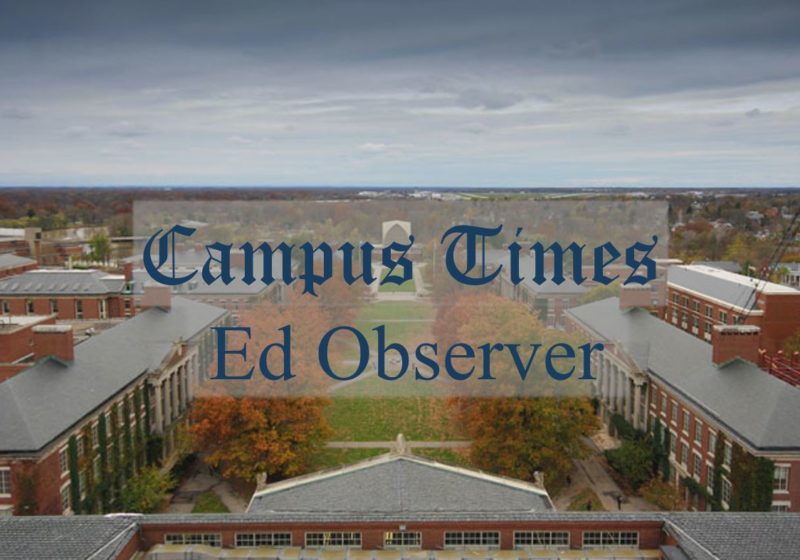There is a band from San Jose called Duster. At the tail-end of the ‘90s they were one of several groups pushing a new kind of slow, downcast indie rock forward. Critics heard these barely-pawed guitars and downtempo, ride-heavy drum beats, and called the music “slowcore.” To say that this was some kind of “movement” feels offensive to the concept of velocity.
Music that sounds like it’s barely being played isn’t appealing for very long. Most of the original slowcore bands didn’t make it past 2000. Duster fizzled out after two albums, an EP, and a few singles. Then, when all of Duster’s former members were comfortably into middle age, the band suddenly began gaining traction again.
There’s plenty of speculation as to why Duster came back, why support for an obscure indie rock band with no records in print blossomed in the late 2010s and led to a reformation, vinyl reissues, and even a new record. The general consensus holds that the internet made Duster spread memetically.
YouTube’s algorithms certainly helped. I distinctly remember that for years, Duster’s first album, “Stratosphere,” was a suggested video on nearly every indie rock song on the site. It was always just sitting there, a thing that YouTube (by extension, Google) assured you was related to your interests. It was “recommended.”
Duster is a curio of ‘90s indie, a feel-good story of success coming when least expected, and I love every song they have ever put out. If you are overly familiar with the history of artsy rock music made by white men, their sound is both expected (only a matter of time before someone mashed together the pretty slowness of The Velvet Underground’s third LP with the chill and sonic experimentation of Berlin-era Bowie) and a miracle (how did human beings dial up a guitar tone so beautiful?). Duster is art that was saved from obscurity by people on the internet.
They are defiantly and definitely weird. And, in the world that is “art I found because of the internet,” this is what makes them the exception to the depressing rule.
Think about the last band or movie or TV show you found because of the internet. Why’d you take a chance on it? You only have so much free time each day. Did you seek them out? Or did you take a chance on it because it was recommended to you? Was it on your Spotify Weekly? Was it “Because You Watched” something else? Did someone you admire share it and tweet “it me?” Hell, how did you get to the first thing you were at anyway — the thing that caused you to get recommended the new thing?
We have the ability to experience any art we want. Never before has it been easier to seek out the truly weird or revolutionary. Yet it seems that all we want is more of the same. We will happily forgo the grander artistic horizons available to us for the sake of convenience. We want “relatability.” We want to feel “it me.”
Some caveats: Relatability is not bad. You are not a bad person for enjoying art you can see yourself reflected in. Art depends on relatability going hand-in-hand with weirdness to create that buzzy feeling deep in the gut. Marginalized groups who rarely get to see themselves represented complexly should not be criticized for expressing their love for art they find relatable.
Going even further, my specific example — the rise of Duster — depends on relatability (people listening to “Stratosphere” on Youtube because it sounds like other things they already know they like).
It also depends on this cultural moment we’re stuck in, where everyone is fixated on chilling out and slowing down. Bedroom pop, that most insular of genres, is a thing now, as is the ever-memed, algorithm-supported “Lo-Fi Beats To Relax/Study To.” And it would be perfectly valid to critique Duster’s music as boring and uneventful, the kind of thing you now expect to hear on any of Spotify’s chill playlists.
So is this it for us? Is it chill-out playlists assembled by algorithms forever? Leaving the internet behind and going over to “the real world,” will it be all movie franchises where the thrill is not in the craftsmanship or the unique vision expressed but in how what you see relates back to what you saw last time?
Igniting the dim flicker of recognition is not all art is fit for. Art is meant to express and explore ideas and feelings too big for rational discussion — so why are you only consuming art which presents to you the ideas and feelings you are already familiar with?
I know you are tired. The festival-core music you’ve decided to listen to is Tame Impala. But please, just try to use this unprecedented moment, where we can find new and unusual art like never before, to try something unthinkable before trying something relatable.



